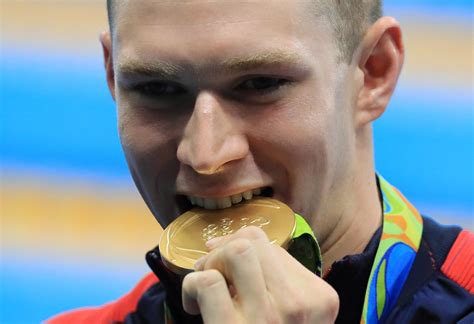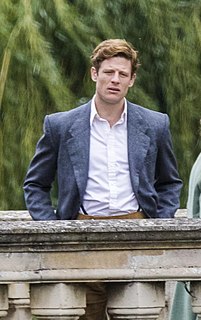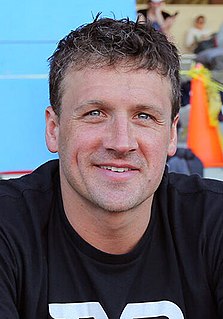A Quote by Ti West
I mean PJ - James Ransone - he was a friend of mine, he probably heard all this stuff, but for the rest of the cast [Valley of Violence], we mostly just talked about their characters and things like that. That was the business at hand.
Related Quotes
I wrote [Valley of Violence] entirely with James Ransone in mind. I get such a joy out of watching his performance and seeing people watch this. He's so great. The bravado thing and the foolishness, he does them both so well. It's weird because he's so hateable in the movie, but in the end, you're also going, "I feel bad for him." That's hard to do. It's hard to do that to where you're like, "This guy's the worst, but I know why he's the worst, so it's a shame this is happening." That's the whole thing.
He lay far across the room from her, on a winter island separated by an empty sea. She talked to him for what seemed a long while and she talked about this and she talked about that and it was only words, like the words he had heard once in a nursery at a friend's house, a two-year-old child building word patters, like jargon, making pretty sounds in the air.
We [me and Jennifer Salke] talked about the characters and different kinds of families and where are we today. We certainly pitched the gay couple, but we also talked about what it was like to be a single mother with a young daughter, what is it like to be a woman in your 50's who is completely starting over and dating again and having to go online to date again. We talked about the whole spectrum of the characters, but I don't think it ever came up about whether people are ready for it or not.
So much of the violence in the movies is b.s. violence: A guy in the middle of a large city with 14 people lying on the ground that he's just killed with his superhuman powers, and there's not a cop to be found. Not a siren to be heard. No price to be paid. That's not true, and I don't like that sort of stuff.
In general, I don't like game mechanics, I mean it's the idea you do the same things through different levels. I think, in my mind, it's an ideas I don't really like because I love to do different things and like to see the story moving on and I like to do different things and different scenes, not do the same thing over and over again. If it involves violence at some point fine, if it makes sense in the context. But violence for the sake of violence, it doesn't mean anything to me anymore.
I am a pathetic and gushing Nick Hornby fan, and I wanted to be in High Fidelity, and I wanted to be in About A Boy, and those two directors - one who's a dear friend, and one who has never cast me in anything, despite my pleading... So there was another Nick Hornby script going around being cast by a friend of mine, and she said, "There's a very small role in it, but you'd be right for it." I was like "I don't care how small, I'm going to be in this Nick Hornby film."

































